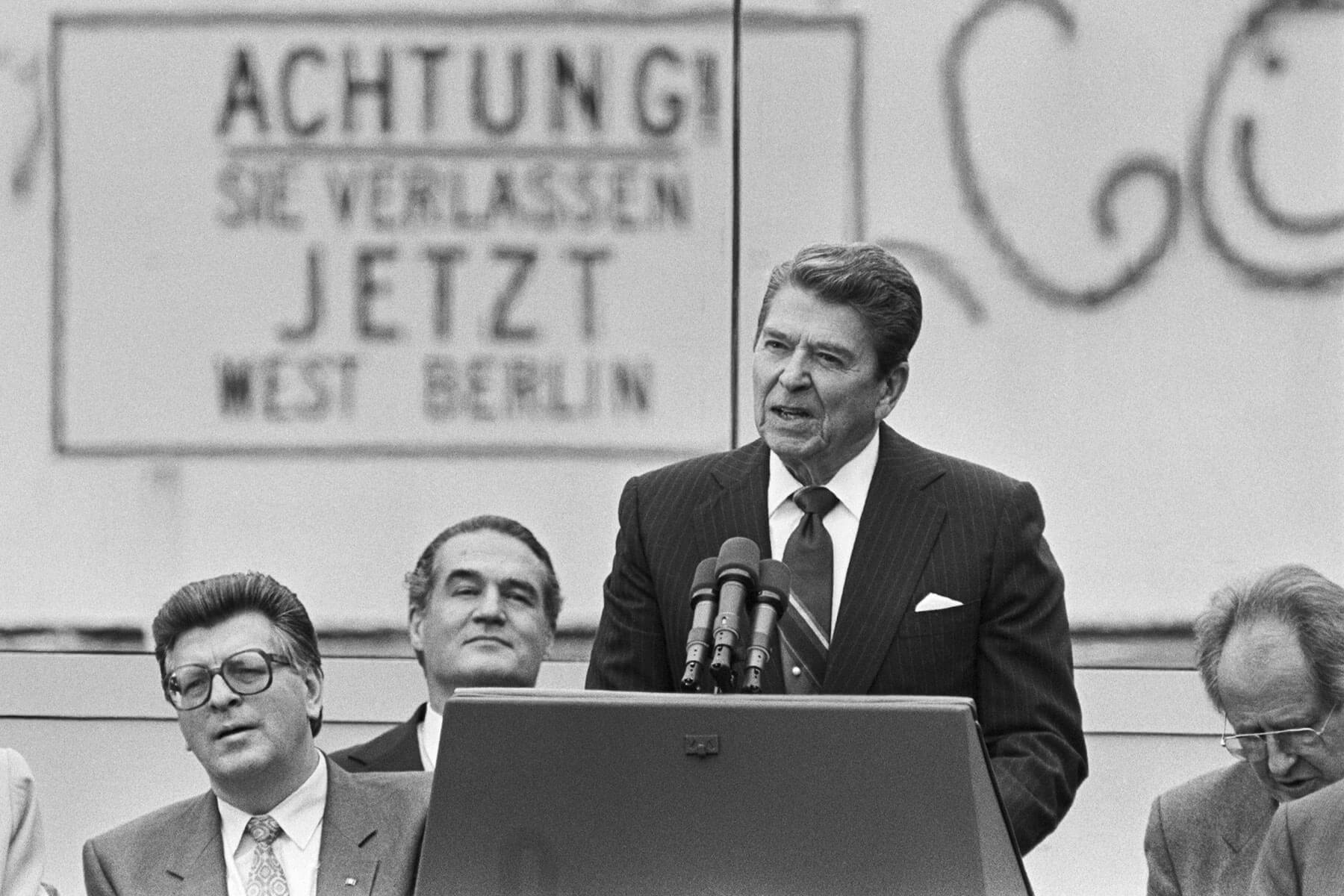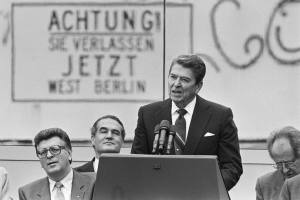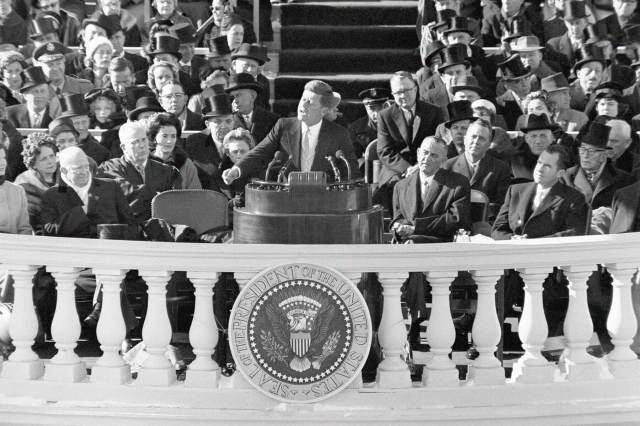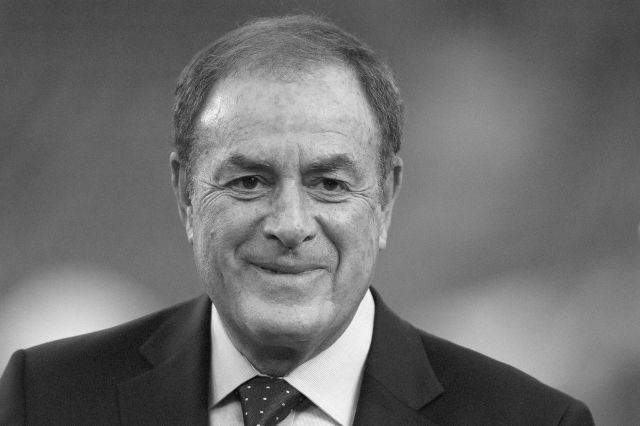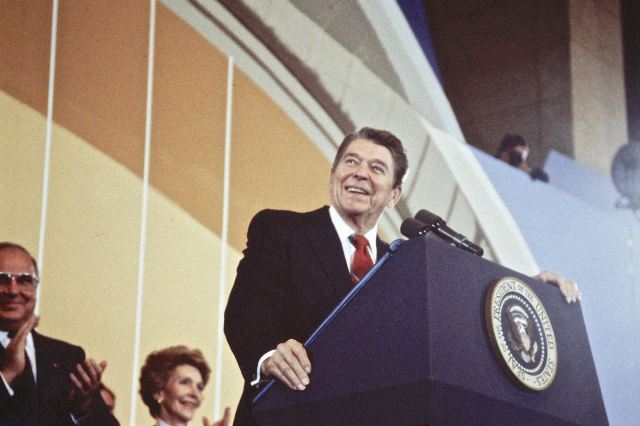Famous Words From Major Moments in History
Some of the most profound moments in history can be encapsulated in a single, memorable quote. These succinct phrases, often pulled from longer speeches or events, distill complex ideas into digestible gems. At their best, they act as verbal snapshots, capturing the essence of historical moments with an emotional urgency that lingers and lets them resonate across generations. Martin Luther King Jr.’s rallying cry of “I have a dream” is easily one of the most famous such lines in history. Similarly, Neil Armstrong’s “That’s one small step for man, one giant leap for mankind” immortalizes a peak moment in humanity; the astronaut’s muffled voice as he spoke to the public on Earth from the moon is unforgettable.
These sound bites have become cultural shorthand for momentous events and the ideals they captured, and their historical weight will keep them in the cultural consciousness for years to come.
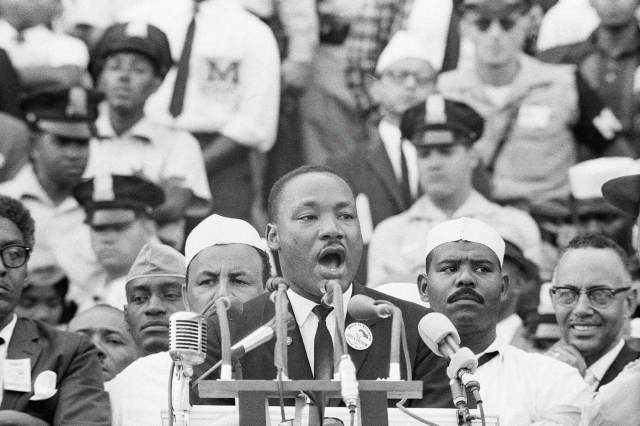
“I Have a Dream” (1963)
At the heart of Martin Luther King Jr.’s famous 1963 speech were four simple words: “I have a dream.” On August 28, from the steps of the Lincoln Memorial and against a backdrop of racial segregation and discrimination in the United States, King energized the crowd — and the world — with his dream of a better life for his family and all African Americans. “I have a dream,” King said, “that one day this nation will rise up and live out the true meaning of its creed: We hold these truths to be self-evident, that all men are created equal.” He employed the phrase again, several times, to great effect, throughout the speech. “I have a dream that my four little children will one day live in a nation where they will not be judged by the color of their skin but by the content of their character,” he said. “I have a dream today.” The urgent, eloquent delivery laid bare the need for change; “I have a dream” became a rallying cry for the civil rights movement, and remains not a relic of history, but a living aspiration to this day.
King’s speech was televised by major broadcasters to a large live audience. At the time, he was a nationally known figure, but this was the first time many Americans — including, reportedly, President John F. Kennedy — had ever seen him deliver a full address. Less than a year later, President Lyndon B. Johnson signed the Civil Rights Act of 1964; the following year saw the Voting Rights Act of 1965 come into law. These pieces of legislation were the biggest civil rights advancements since the end of the Civil War.
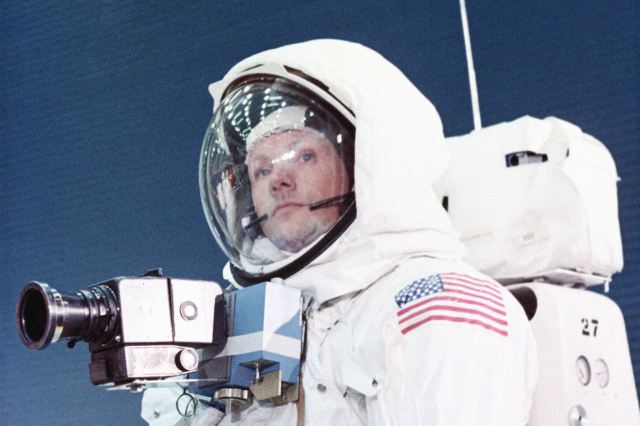
“That’s One Small Step for Man” (1969)
On July 20, 1969, the first human walked on the moon. As astronaut Neil Armstrong climbed down the ladder of Apollo 11’s lunar module and onto the moon’s surface, he encapsulated the profound moment with these words: “That’s one small step for man, one giant leap for mankind.” He spoke through a muddled transmission to Earth, as some 650 million people watched on in awe.
Armstrong later told his biographer that, while he had thought ahead about what to say, it wasn’t too rehearsed. “What can you say when you step off of something?” he told biographer James R. Hansen. “Well, something about a step. It just sort of evolved during the period that I was doing the procedures of the practice takeoff and… all the other activities that were on our flight schedule at that time.” Although the quote has endured, Armstrong himself says it has been misquoted all along, and that he actually said, or at least meant to say, “one small step for a man.” (After many years and multiple attempts to clean up the audio quality, the Smithsonian National Air and Space Museum has concluded that the original quote is accurate.)





